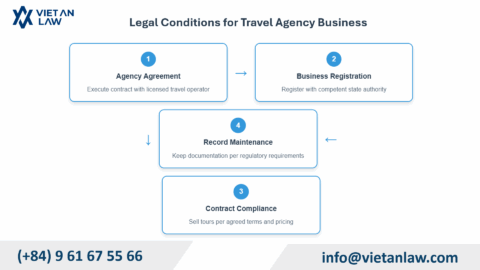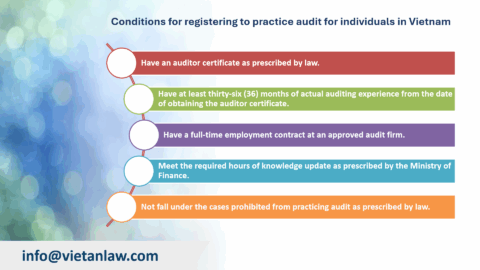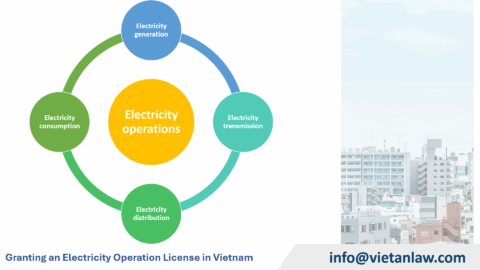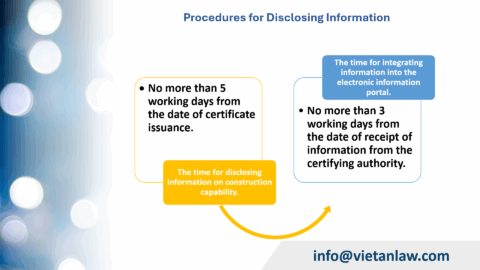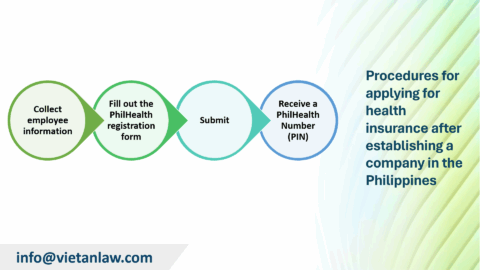Confectionery is a popular product and is widely put into production and business. The confectionery market in Vietnam is predicted to generate revenue of 8.5 billion USD by 2023, with an annual growth rate of 10.17%. To bring cake, jam, and candy products to the market, businesses and business establishments must carry out product self-declaration procedures. So, how to self-publish confectionery products to ensure compliance with the provisions of law. In the article below, Viet An Law will guide documents and procedures for self-declaration of confectionery in Vietnam.
Bibica Joint Stock Company, Vietnam. Bibica specializes in providing confectionery products such as moon cakes, chocolate, Hura sponge cakes, pies, cookies, candies of all kinds… Bibica has now become one of the ‘monuments’ of confectionery in Vietnam, highly appreciated by many reputable organizations, and trusted by Vietnamese people from all walks of life.
Hai Chau Confectionery Joint Stock Company is one of Vietnam’s leading companies in the field of cake, candy, and food production. Hai Chau’s dry food products, sponge cream and soup powder have long been popular in most parts of the country and are always trusted by consumers.
Hai Ha Confectionery Joint Stock Company (HAIHACO) is one of the largest confectionery manufacturing enterprises in Vietnam. Products of Hai Ha Confectionery Joint Stock Company are continuously admired by consumers and voted as “High-quality Vietnamese goods”.
Biscafun Confectionery Company belongs to Quang Ngai Sugar Joint Stock Corporation, established in 1994, is the leading unit specializing in manufacturing and trading confectionery products in Vietnam. Currently, the Biscafun brand is present in many countries around the world such as Russia, America, China, Japan, Korea, India, the Middle East, Taiwan,…
Mondelez Kinh Do is known as a large domestic confectionery manufacturer, having spent more than 20 years in establishment and development. In recent years, Kinh Do has become one of the major moon cake companies in the country
Trang An is a strong national confectionery brand, spending more than half a century of formation and development to crystallize into the “quintessence of Vietnamese confectionery” as it is today. Trang An’s products are not only widely distributed nationwide but also exported to many countries in Southeast Asia and are targeting major countries in the world.
Orion is a famous candy brand from Korea. Orion first entered the Vietnamese confectionery market in 1997 and established Orion Vina Food Company Limited in the City. Ho Chi Minh in 2005. A milestone for the company’s continuous development and becoming a familiar brand in the hearts of Vietnamese people.
Huu Nghi Food Joint Stock Company (Huu Nghi Food), formerly known as Huu Nghi Premium Confectionery Factory, was established in 1997 and is now one of the leading prestigious brands in Vietnam in the field of manufacturing and trading of cakes, confectionery, and food.
The steps to self-declaration of confectionery products are carried out in the following 3 steps:
Enterprises must conduct testing of confectionery products at reputable testing centers recognized by state agencies. This is considered the most important step in the entire process of registering the quality declaration of confectionery products.
Product testing is carried out at a center recognized by the Ministry of Health. Testing of confectionery and confectionery must comply with the following national technical regulations:
Criteria to analyze when testing cakes, jams, and candies:
Note: These are general reference criteria for cakes, jams, and candy products. Depending on the characteristics of each specific product, businesses test different criteria to ensure compliance with the requirements of the Ministry of Health.
In addition, businesses and production facilities also need to pay attention to some common mistakes that increase testing time and costs:
Documents to be able to declare confectionery products include the following documents:
Note: Contents of main and secondary labels:
Under Decree 43/2017/ND-CP, name of goods, name and address of trader responsible for the product, origin of goods, and other mandatory criteria according to Appendix 1 of this Decree.
To self-declare the quality of confectionery products, businesses, organizations, and individuals need to follow the following steps:
The time to declare confectionery products is from 05 to 07 working days from the date the competent authority receives the valid dossier from the business.
According to the law, documents in the self-declaration file for confectionery products must be presented in Vietnamese and do not use foreign languages. If there are documents in a foreign language, they need to be translated into Vietnamese and confirmed by notarization. This ensures that the registration meets the language requirements of the state regulatory agency.
In case an organization or individual has 02 or more production facilities and produces confectionery products, they only need to carry out the procedure to register the product declaration at a local state management agency. methods that organizations and individuals have the right to choose (except for products registered at the Ministry of Health). This simplifies the registration process and avoids duplication of work.
In case of circulating products on the market without declaration, there may be a fine from 15,000,000 VND to 20,000,000 VND according to the provisions of Point a, Clause 1, Article 20 of Decree 115/2018/ND-CP.
Customers who need advice on procedures for self-declaration of confectionery in Vietnam, please contact Viet An Law Firm for the best support.
